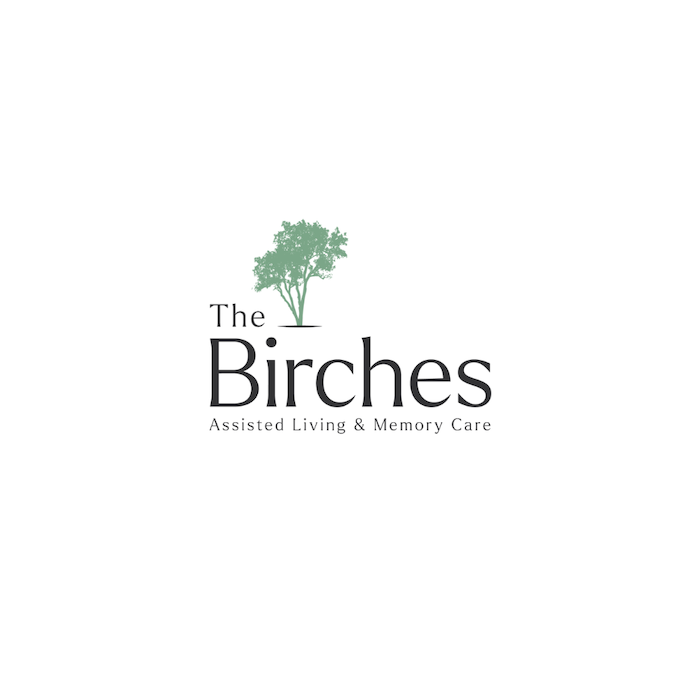11/06/2017
On November 8, The Birches will host “What Are Dementia Drugs and What Do They Do?,” the third program in its three-part fall dementia education series.
The Birches’ visiting physician from Midwest Geriatrics Dr. Ahmed Nazimuddin and Pharmacy Manager at Elm Plaza Pharmacy Steve Hiemenz will present the program from 7 to 8:30 p.m. in The Birches’ Main Dining Room.
In the presentation, Nazimuddin and Hiemenz will discuss the various drugs used to treat dementia symptoms and slow the progression of the disease. They will also help attendees better understand what to expect from these drugs and what constitutes a successful outcome with them.
“We just want to make sure that people are aware of information—that they’re educated on the medications that they may be on or that their family members are on, educated about their options if they have someone who is presenting with certain symptoms and that they have the appropriate information when they’re discussing their medication regimen with their physician,” said Nazimuddin.
Nazimuddin and Hiemenz will talk about ways to simplify dementia medication regimens by using non-pharmacological treatments for dementia as well. With a dementia symptom like anxiety, for example, Nazimuddin says he recommends efforts to reduce stress and specific anxiety triggers before turning to medication.
“We don’t necessarily want to put people on Xanax or some type of antianxiety medication right away,” said Nazimuddin. “We want to try and see first if we can reduce their stressors or their triggers, whether that’s bringing them into a quiet room or distracting them to help get things under control.”
In cases where non-pharmacological treatments don’t work, Nazimuddin recommends a gradual process of adopting an effective drug treatment approach. According to Nazimuddin, that usually means starting with short-term drug treatment options and moving toward long-term options as necessary.
“If symptoms are ongoing or if they’re very difficult to control, then we think about using a combination of short-term, short-acting medications to help get symptoms under control in an immediate sense, and then over the longer term we use longer-acting medications to hopefully prevent the highs and lows of emotions and keep people more on an even plane,” said Nazimuddin.
If you’d like to learn more about managing dementia symptoms through the latest drug and non-drug treatments, consider attending “What Are Dementia Drugs and What Do They Do?” with Dr. Ahmed Nazimuddin and Steve Hiemenz.
The presentation is free and open to the public, but registration is required. To register, contact Katie Schaff Fagan at kfagan@birches.net or 630-581-7350.

